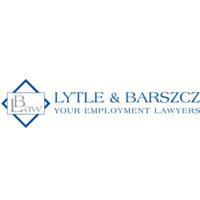Nearly anyone with any assets must go through probate. There are some options available to avoid the full probate process, but you should assume that some form of probate will be required unless you have planned carefully.
And there is no quick probate. Florida law requires probate cases to remain open for a minimum of three months to allow time for creditors of the deceased to file a claim. If the IRS is involved, it can be a year or more and it generally is at least a year.
As is so often true in legal matters, every probate case is different. That is why it is key to work with an attorney at The Orlando Law Group before the death of a loved one, especially if you have not established a will or an estate plan.
Description
There is no complete list for what must go through probate because every case is a bit different, but the Florida Court System provides the following summary, giving a good example of what is covered in probate:
A bank account or investment account in the sole name of a decedent.
An annuity contract, or individual retirement account payable to the decedent’s estate.
Real estate titled in the sole name of the decedent, or in the name of the decedent and another person as tenants in common, is a probate asset (unless it is homestead property).
Any business interests owned by the decedent.
As we said earlier, this is not an all-inclusive list, but if any of these three apply, regardless of the dollar value of them, you should reach out to The Orlando Law Group immediately.


















